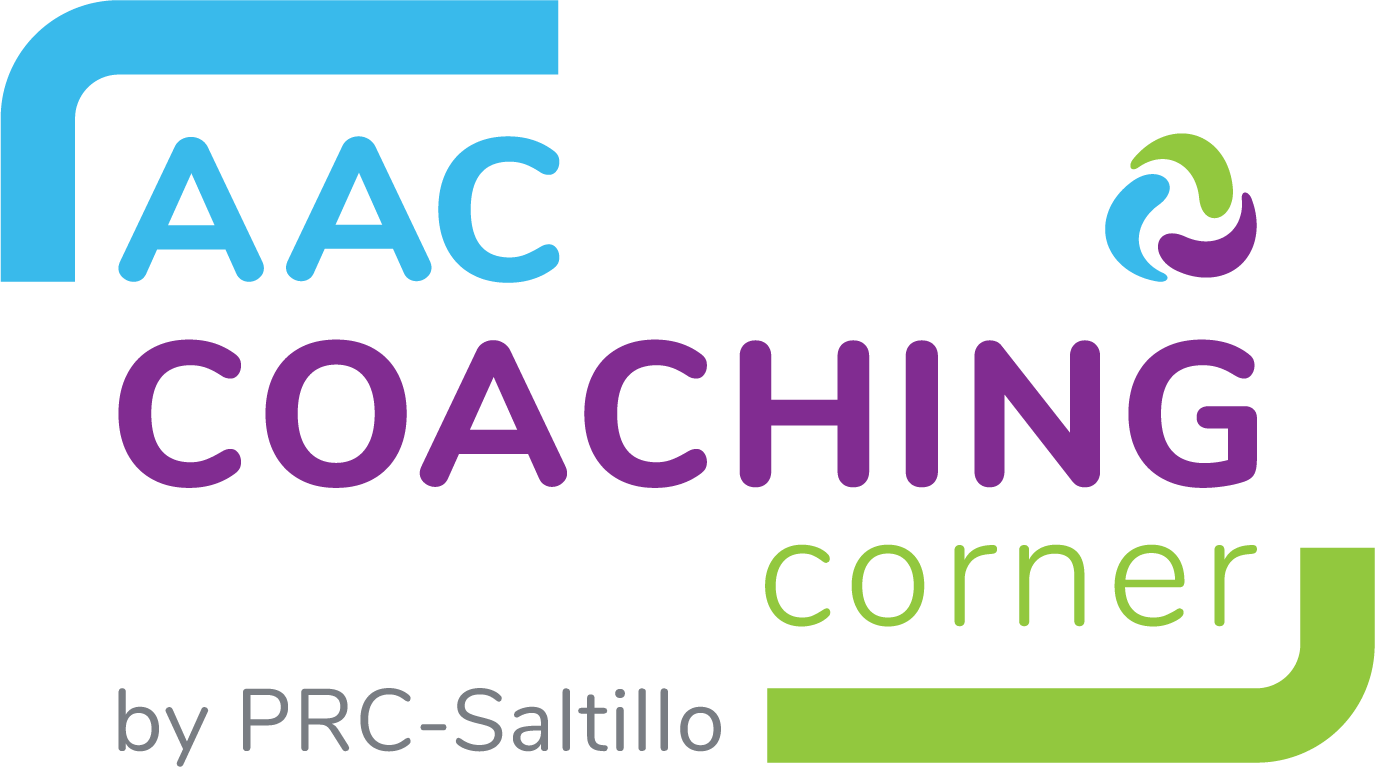Joey Summers, the recent winner of a prestigious award for exemplary Ohio special education students, enjoys using his augmentative and alternative communication (AAC) device to tell jokes and charm his teacher and therapy team.
But communication hasn’t always come easy for this bright young man. It took a caring professiona lteam, parental support, and the right AAC device to open up his world.
Joey was diagnosed at birth with hypoxic-ischemic encephalopathy, GERD, muscle spasm, seizure, and quadriplegic infantile cerebral palsy. Now age 12, he is non-ambulatory and does not have functional movement of his arms or legs.
Joey’s speech-language pathologist (SLP) Heather Kabler has worked with nonverbal clients and others with communication disorders for 16 years. She believes that “helping a child find their voice is the most rewarding job you will ever do.” But she also knows the challenges that have to be overcome to find that voice.
When Kabler started working with Joey, those challenges were evident. “Joey had an AAC device for many years, but he was not really functionally or independently able to communicate his thoughts, wants, ideas, or needs. He had also tried scanning in the past, but not with much success, and he had actually developed an aversion to his AAC device.”
It was when Joey got the Accent™ 1200 from PRC, she says, that an amazing turnaround began. “At first, he was hesitant to even try the new device and would become agitated when we started to set him up with the head switches. So the challenge initially was to help Joey see and experience that we would find a way to help him find success in communicating with his device.”
“I always knew that Joey was a super smart student, but until we found this version of a communication device, he was locked in a wordless world,” adds Debra Rigsby, the Westerville, Ohio City Schools teacher who home-schools Joey. “Getting Joey to use the device was the first big challenge, then it changed to keeping up with Joey once he began to use the AAC device all the time,” she recalls. “I was learning right alongside him, only he caught on faster and was able to show me how it is done.”
Joey uses two head switches mounted to his wheelchair’s headrest to operate his Accent with CoreScanner™.
The Accent “is the tool that got everything rolling for Joey,” Rigsby observes. “When we first started working with it, Joey LOVED to tell me what to do. He would tell me to ‘stop,’ ‘drink,’ or ‘go.’ Once he realized how powerful his words were, he wanted to use his device.”
Joey’s remarkable progress recently earned him The R.A. Horn award from the Ohio Department of Education, which is presented to a special education student in each of Ohio’s 16 State Support Team regions who has demonstrated “remarkable performance.”
The Support Team's Strategy for Success
Heather, Debra, and Joey’s adoptive mother Ann Summers collaborated from the outset to encourage his acceptance of his new Accent 1200.
“We took a functional communication approach and ensured that all team members and family members were on board and working toward the same goal: Helping Joey find his voice,” recalls Kabler. “We involved Joey in all conversations, decisions, and trials to help us come to the most optimal way to access his device. We also ensured that Joey knew we had high expectations for what he could do and would be able to do with his new device. We wanted him to know we were committed to helping him find and use his voice in the best way.”
The team focused on core language that carried the most meaning for Joey and helped him see how to use the language in a variety of ways and with a variety of people and settings. “We have ensured that all team members learn and become comfortable with the device and also have the expectation that Joey will use it to communicate what he wants or needs at all times,” Kabler says. “We will no longer guess or ask him yes/no questions; we will let Joey tell us in his own words.”
“I have approached teaching language to Joey as though I was building a house,” Rigsby explains. “First, we started with the foundation, using one-word responses to get what he wanted. Then, we added the walls, personal things like sports teams, sayings, and jokes for Joey to use to interact with those around him. Now we are decorating the house, adding verb tenses and punctuation to make complete sentences. We won’t be building a roof though, as the sky is the limit to his communication now.”
Kabler uses the Language Activity Monitoring (LAM) software within the Accent device to monitor Joey’s progress. “We measure how often he is independently using core words for a variety of communicative purposes, such as to comment, request, protest, socialize (joke or tease), and respond.”
Before he got his device, Joey was “very frustrated at times, sometimes showing anger at not being understood,” says his mother. “Now he interacts with others and he loves jokes and riddles. Recently, as we drove into our driveway after church, from the back of our van, I heard, ‘When is a car not a car? When it turns into a garage!’ BEAUTIFUL!”
Joey also enjoys watching sporting events and game shows on television, “and now he can ASK for the game show or baseball using his ‘talker,’” says Ann. “He gets excited when he can add his own comments. It’s so nice that Joey can tell us and not have us trying to guess his thoughts.”
Parental Involvement is a Critical Component
“Involving the parents is key to ensuring a child learns that the AAC device is his voice in all situations,”notes Kabler. “I share with Joey’s mother all his successes and we celebrate them. I share the vocabulary we may be focused on and ideas for how she may be able to encourage him to use those words in day-to-day life. I also share ideas on how to encourage all nursing staff to ensure Joey always has access to his AAC and that he uses it to communicate with them as well.” Kabler in turn relies on Joey’s mother’s input to identify what else he might want or need to say.
“Without his mother’s support, Joey wouldn’t be as successful a communicator as he is now. She has been tremendous at getting us vocabulary to input into the device,” Rigsby states. “Mrs. Summers, Heather, and I collaborate all the time on ways we can work together as a team to help Joey use his AAC device to continue to grow his language and get to that next step. We also check to see what he is doing with other professionals, to make sure he isn’t pulling anybody’s leg about what he can and cannot do.” She also credits PRC Regional Consultant and SLP Jennifer Monahan with “serving as an excellent resource and providing tremendous support.”
For Kabler, a “good day” is when Joey “is spontaneously sharing his thoughts, ideas, wants, and needs – when he has a smile on his face when he’s talking with his device, when he’s starting to combine his words to say phrases. We went to the zoo and Joey was enjoying being outside and seeing the animals. He said, ‘Beautiful More’ – that was a good day!”
Going forward, she says, “We need to continue to have high expectations for Joey. He has done very well with the functional communication aspect. We are now encouraging and expecting him to start using phrases instead of just one word. We also would like to see him use his device with greater proficiency to show what he knows about academic material.”
Ann Summers also looks forward to the day when Joey can “carry on extended conversations with others.” She urges other parents to “explore ALL possibilities! Never give up! Joey tried several devices before we found the one that has opened up his world.”
Blog















